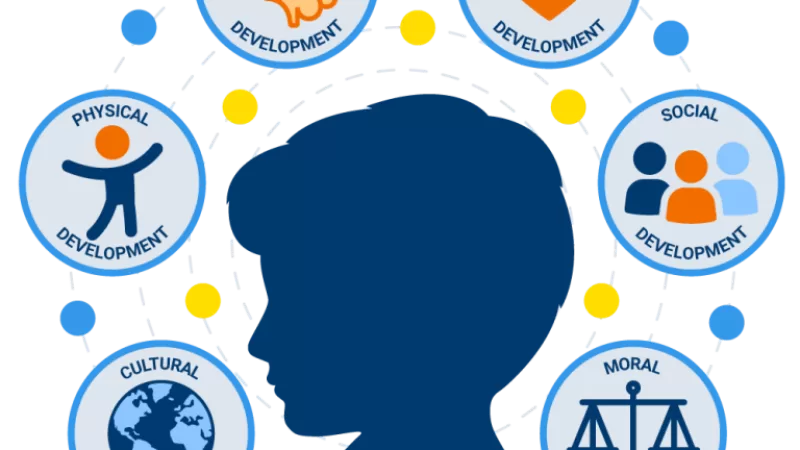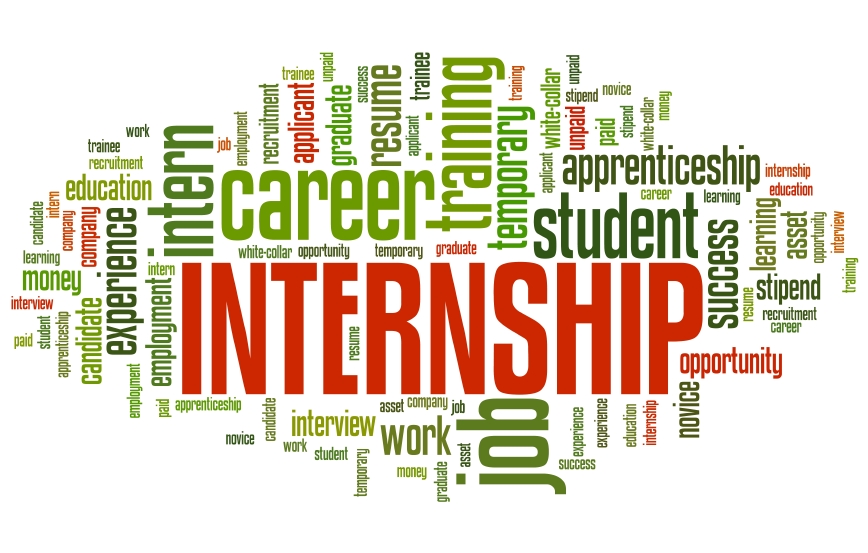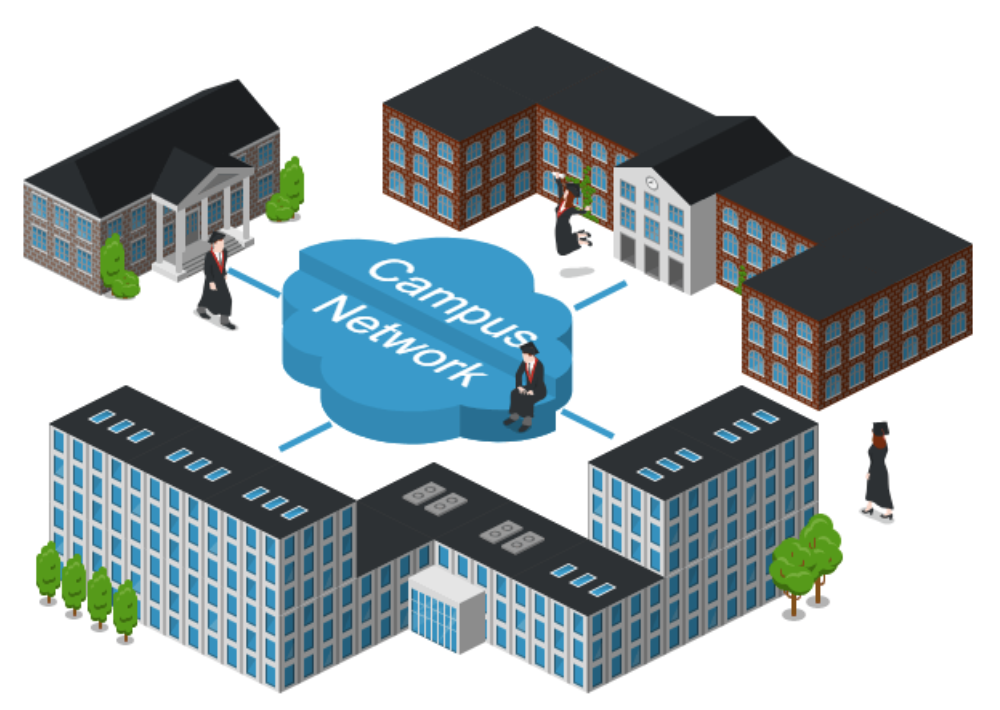Development for University Students: A Comprehensive Guide

Written for Wessex Student Magazine
Development for University Students: A Comprehensive Guide
As students embark on their university journey, the focus often lies on academics and social life. However, developing a robust career strategy is equally crucial. The transition from university to the professional world can be daunting. With proactive planning and resource utilization, students can set themselves up for success. This article delves into key aspects of career development, providing practical tips and resources to navigate this essential phase.
1. Understanding Career Services
Most universities offer dedicated career services that provide a wealth of resources for students. These services typically include:
– Career Counselling: One-on-one sessions can help students explore their interests, skills, and potential career paths.
– Resume’ Workshops: Learn how to craft a compelling resume that highlights your strengths and experiences.
-Interview Preparation: Mock interviews and feedback sessions can boost confidence and improve performance in real interview settings.
– Job Fairs: Networking events and job fairs connect students with potential employers. They offer a platform to learn about job openings and company cultures.
Students should take full advantage of these services early on to clarify their career goals and build a solid foundation.
2. Internships and Work Experience

Gaining practical experience is vital in today’s competitive job market. Here are some strategies for securing internships:
– Start Early: Begin searching for internship opportunities as soon as possible. Many companies recruit students for summer internships months in advance.
– Utilize University Networks: Leverage alumni connections and university partnerships to discover internship opportunities.
– Explore Diverse Options: Consider internships in various fields, even those outside your major. This exploration can uncover unexpected passions and skills.
Internships not only enhance resumes but also provide invaluable networking opportunities. Building relationships with professionals in your field can lead to future job offers or mentorship.
3. Networking and Building Connections

Networking is a cornerstone of career development. Here are effective ways to expand your professional network:
– Attend Events: Participate in workshops, guest lectures, and networking events hosted by your university or professional organizations.
– Join Student Organizations: Many fields have related student groups. Joining these can help you connect with like-minded peers and professionals.
– Use LinkedIn: Create a polished LinkedIn profile to connect with industry professionals and alumni. Engage with content relevant to your field and share your insights.
Building a network can open doors to job opportunities and provide valuable industry insights.
4. Developing Soft Skills

Employers increasingly prioritize soft skills alongside technical expertise. Students should focus on developing:
– Communication Skills: Practice articulating ideas clearly and confidently, both in writing and verbally.
– Teamwork: Collaborate on group projects and participate in team-based extracurricular activities to enhance your ability to work with others.
– Problem-Solving: Engage in activities that challenge you to think critically and creatively, such as case competitions or hackathons.
These skills are crucial for workplace success and can be highlighted during job applications and interviews.
5. Continuous Learning and Development
The job market is dynamic, and continuous learning is essential. Students can stay competitive by:
– Taking Relevant Courses: Opt for electives that complement your major and equip you with additional skills.
– Certifications: Consider obtaining certifications related to your field, which can enhance your employability.
– Online Learning Platforms: Use platforms like Coursera or LinkedIn Learning to gain new skills. They can also help deepen your knowledge in specific areas.
Lifelong learning demonstrates adaptability and commitment to professional growth.
6. Utilizing Online Resources and Job Boards
The digital landscape offers numerous resources for job searching and career development. Key platforms include:
– Handshake: A job board specifically for students and recent graduates, featuring internships and entry-level positions.
– Indeed, and Glassdoor: General job boards that provide insights into company cultures and salaries.
– Professional Associations: Many industries have associations that offer job boards, networking opportunities, and industry insights.
Regularly check these resources to stay informed about job openings and industry trends.
7. Setting Career Goals

Establishing clear career goals can guide your decisions throughout university. Consider the following steps:
– Short-Term Goals: Identify objectives for your time at university, such as securing internships or developing specific skills.
– Long-Term Goals: Visualize where you want to be five or ten years down the line. This can help inform your choices regarding majors, courses, and experiences.
Revisiting and adjusting these goals regularly ensures they remain aligned with your evolving interests and the job market.
Conclusion
Career development is an ongoing process that begins during university and extends into your professional life. Students can successfully navigate the transition to their chosen careers by actively engaging with career services. They can gain experience through internships, network effectively, develop soft skills, and utilize available resources. An initiative-taking approach will not only enhance employability but also instil confidence as you step into the professional world. Embrace this journey and remember that the foundation you build during university will significantly impact your career trajectory.